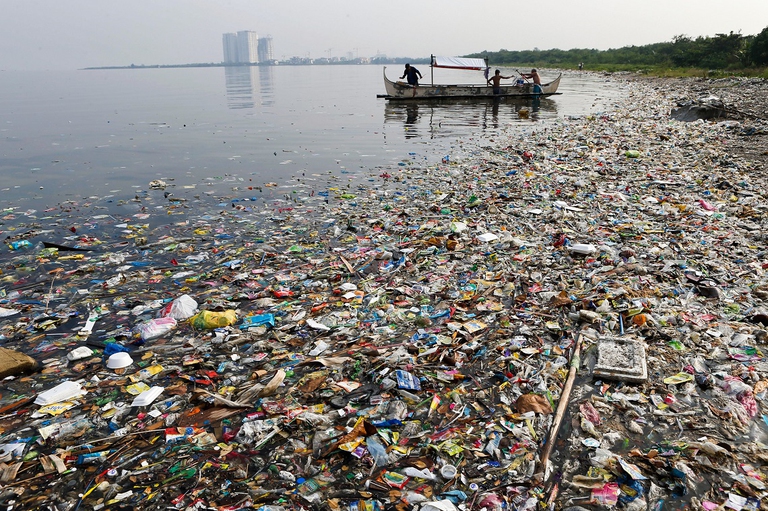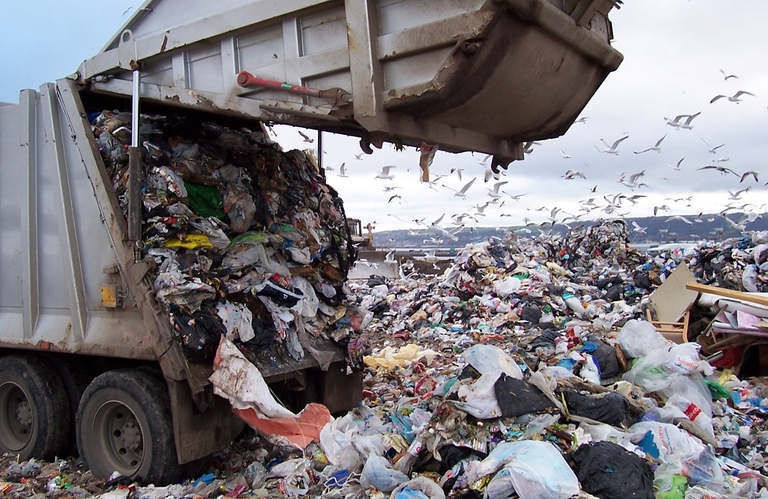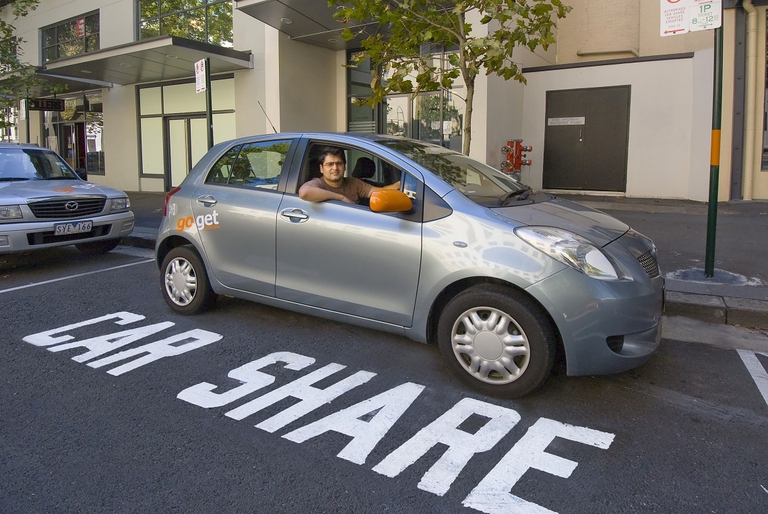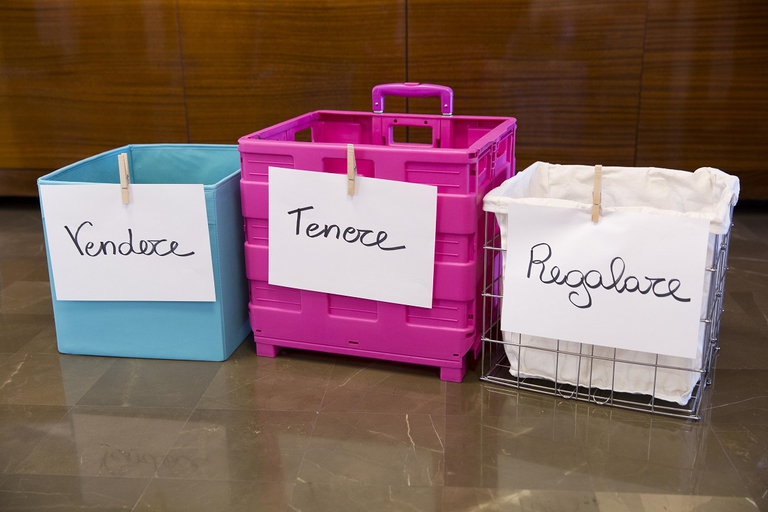
As per tradition after 12 years India held Mahakumbh, the world’s largest spiritual congregation that has been attracting pilgrims from across the globe.
Il tema della settimana, volta a promuovere la realizzazione di azioni di sensibilizzazione sulla corretta riduzione dei rifiuti, è la dematerializzazione.
Our planet has become a huge garbage bin. Over 5,000 billion plastic debris, for a total weight of 269,000 tonnes, float the world’s oceans. Industrialised countries’ landfills are still the most spread system for waste disposal. However, we produce radioactive waste we do not know how to dispose that will maintain high radioactivity levels for hundreds of years.
We produce about 1.3 billion tonnes of solid waste each year. In particular, waste of electric and electronic equipment (WEEE) has registered a significant increase. According to the UN, between 20 and 50 million tonnes of WEEE are produced every year, which are particularly hazardous and difficult to dispose.
If it’s true that, as French writer Georges Duhamel said, “each civilisation has the garbage it deserves”, we are doomed, unless a decisive trend reversal is carried out.
In order to highlight the importance of this problem, from 21 to 29 November the European Week for Waste Reduction (SERR) is celebrated. The event has been established by the European Commission under the LIFE+ Programme, aiming to raise the awareness of institutions and public opinion on strategies and waste prevention policies outlined by the EU.
The 2015 theme is the “dematerialization”, which stands for using less or no material to deliver the same level of functionality to the user. This principle allows producing less waste and, by consequence, effectively managing available resources, whilst reducing linked costs.
Practical examples of dematerialization are documents digitalisation; process and communication computerisation, which lead to a significant costs reduction; and sharing goods and services, such as car sharing.
It is possible to reduce waste in numerous fields, only by following 3 basic principles: reduce, recycle, reuse. An example for companies is packaging reduction and materials optimisation. Dematerialization can be put into practice even in the domestic field.
We all have been piling up a great amount of more or less useless objects for years. In this case what suits best is decluttering, i.e. getting rid of old, worthless things. This process allows reorganising spaces and improving the quality of life, whilst avoiding creating new waste. Creative recycling can give new life to unused objects, and donating things could be useful to others.
Waste reduction is strictly linked to climate change. As a matter of fact, sustainable development is strongly related to energy and natural resources production and management.
In 2014, 27 countries joined the European Week, by taking 12,000 actions aimed to reduce waste. It is possible to taking part in the EWWR, which aims to engage an increasing number of public authorities, associations, NGOs, businesses, and educational establishments, by subscribing within 6 November.
Siamo anche su WhatsApp. Segui il canale ufficiale LifeGate per restare aggiornata, aggiornato sulle ultime notizie e sulle nostre attività.
![]()
Quest'opera è distribuita con Licenza Creative Commons Attribuzione - Non commerciale - Non opere derivate 4.0 Internazionale.
As per tradition after 12 years India held Mahakumbh, the world’s largest spiritual congregation that has been attracting pilgrims from across the globe.
Workers in tea gardens of West Bengal, India, that produces Ctc tea for domestic consumption complain that they have been devoid of basic facilities while political parties make hollow promises during every elections which are never fulfilled.
India is in the middle of the elections, but sadly none of the politicians have uttered a word on man-animal conflict that has been devouring several lives every year.
Manipur, a state in north-east India, is still reeling under the tremors of violence that broke out last year devouring lives and paralyzing the economy.
The government of Tanzania is currently planning to evict more than 80.000 indigenous Maasai people from their ancenstral land
A new UNU-INWEH report on the global bottled water industry reveals the massive scale of this market and the lack of strict quality controls.
Isatou Ceesay founded a social enterprise that is helping to fight plastic pollution and empowering women and young people to gain economic independence.
In 2020, Mihela Hladin made a radical decision that many, in recent times, have probably considered. This is her story, with photos by Matt Audiffret.
The Brazilian government has started evicting illegal gold miners, responsible for the health emergency that has hit the Yanomami people.











